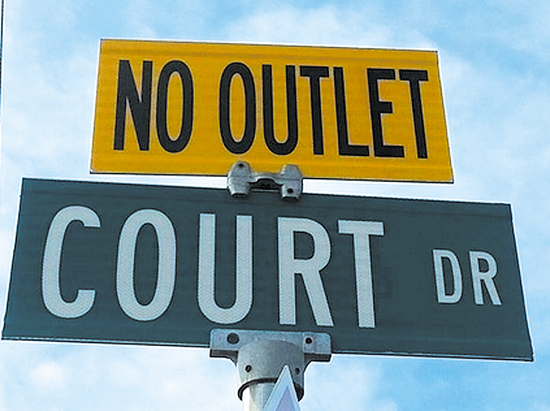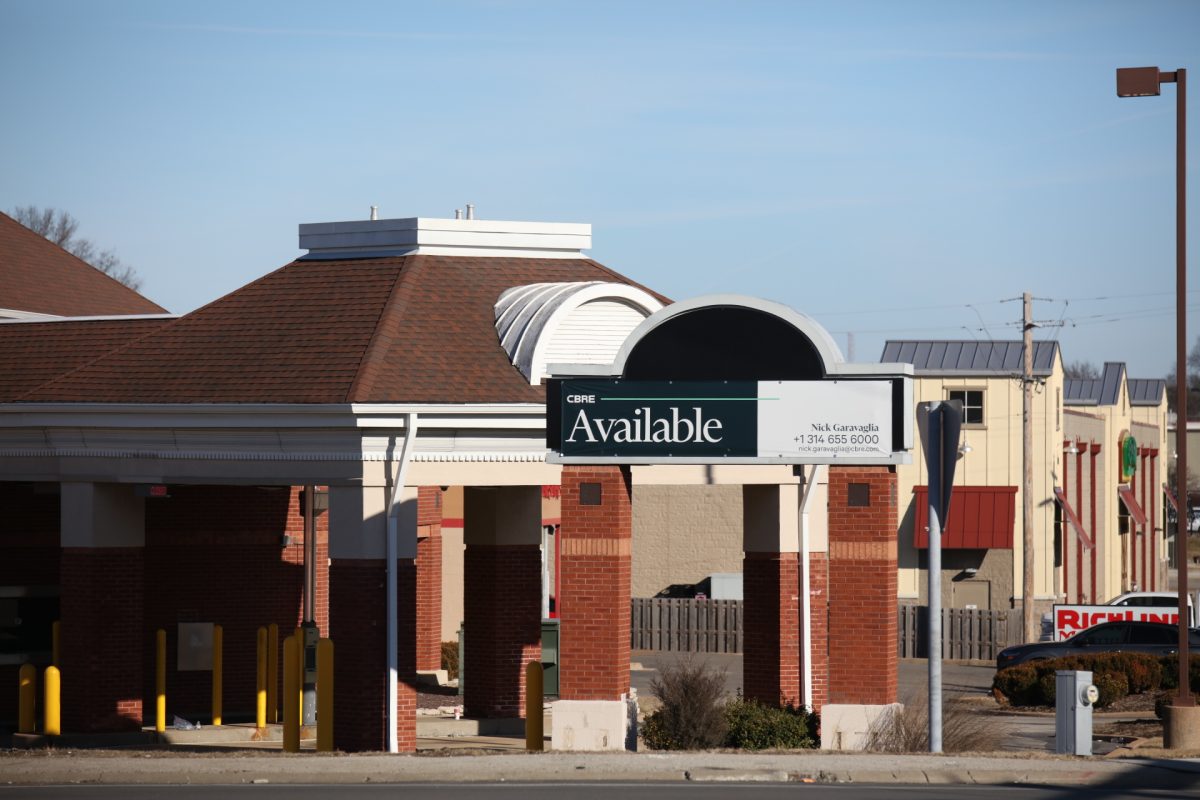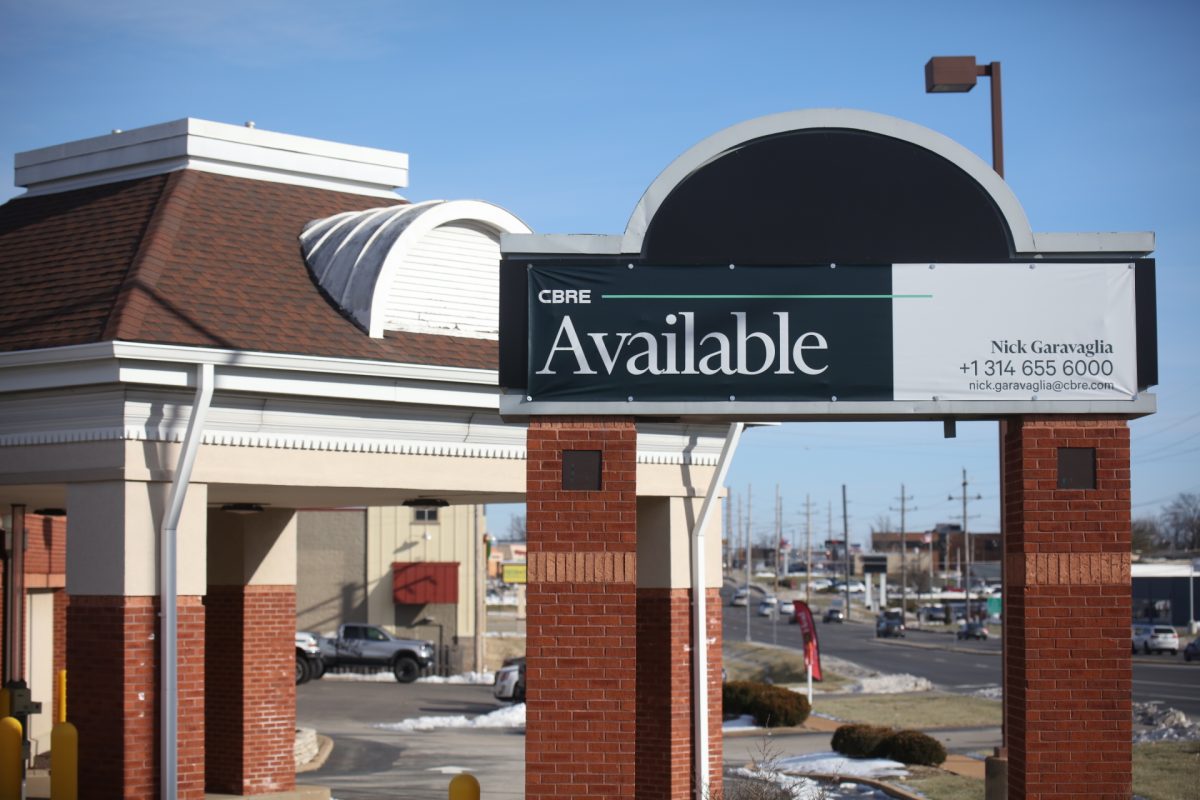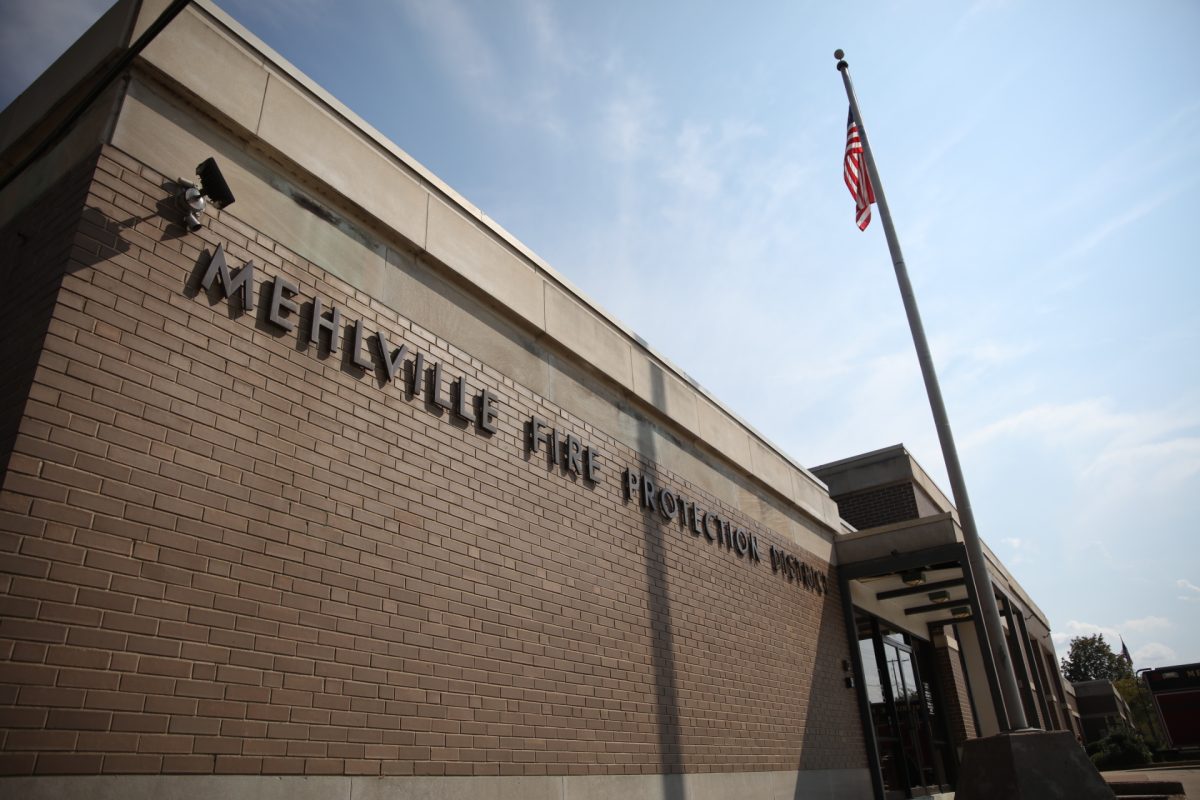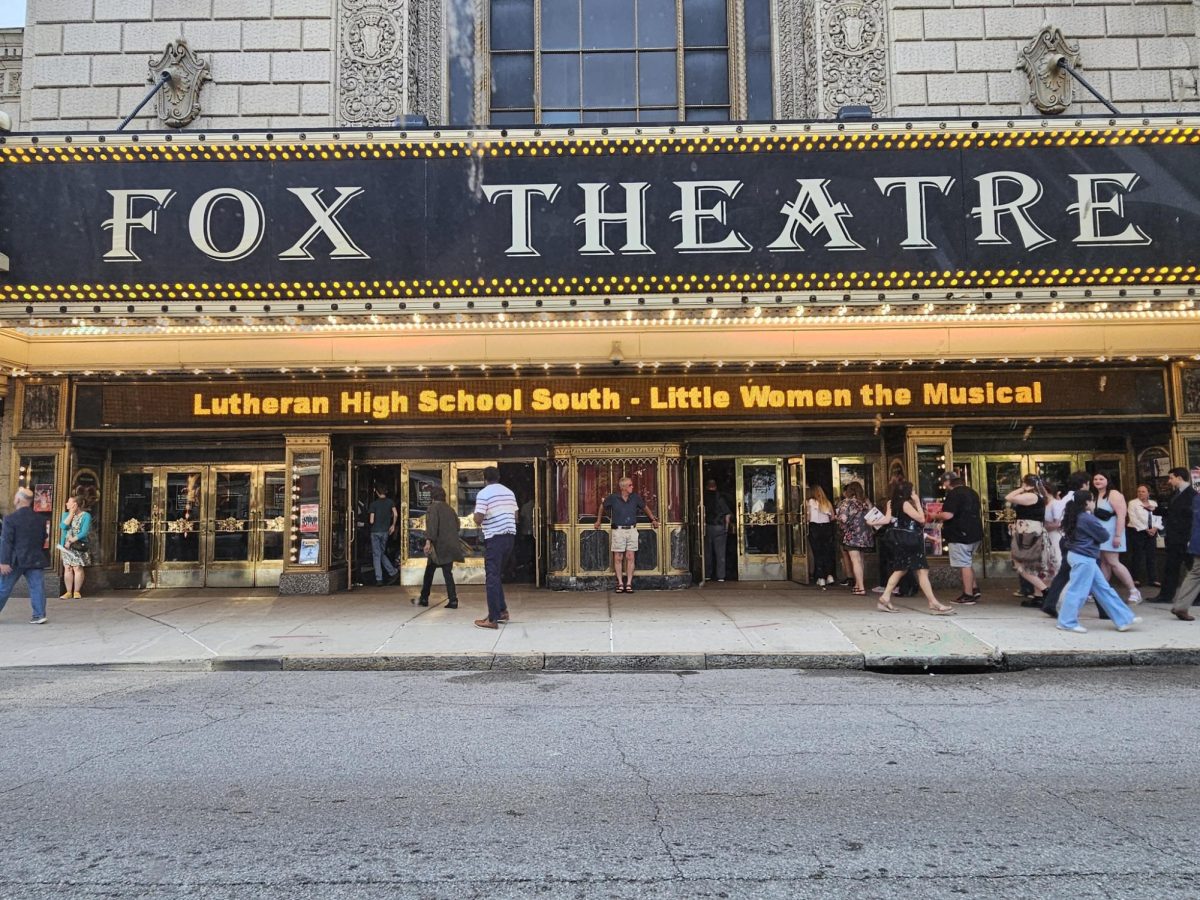By Gloria Lloyd
Staff Reporter
news3@callnewspapers.com
The long-simmering dispute over how to develop Court Drive now is headed to a courtroom.
Des Peres developer Dr. George Despotis sued the city last week over officials’ repeated denials of commercial rezoning for the various properties Despotis has under contract from former Sunset Hills residents whose properties were leveled in the 2010 tornado that hit Court Drive.
Since the tornado, the remaining residents have fought against the efforts led by Despotis to develop the tornado-damaged property as commercial, despite the wishes of Despotis and residents whose homes were destroyed to sell their South Lindbergh Boulevard-fronting lots for commercial development.
The lawsuit is no surprise. For more than a year, any city meeting where Court Drive was discussed was recorded by a court reporter typing away in front of the Board of Aldermen or the Planning and Zoning Commission, which always denied Despotis’ plans anyway.
Despotis filed the lawsuit on behalf of the Olga Despotis Perpetuities Trust, named after Despotis’ late mother who once owned the same property along Lindbergh and also sued the city to rezone it.
The possibility of the lawsuit was first brought up by Despotis’ late attorney John King more than a year ago. Commercial is the “highest, best and only reasonable use” for the sites, the lawsuit states.
During the latest Court Drive vote at City Hall this fall, a Despotis representative said that an “alliance” of Despotis and three families that own the nine sites hoped to redevelop them as commercial because they would make more money that way.
In 2015, Despotis suggested a grocery store and pharmacy at the site, but those plans never got off the ground. Last year, he adapted his plans to include residential and partnered with Pulte Homes to ask for 20 villas and a credit union on 4.91 acres at the site, but the Board of Aldermen unanimously denied that application. In the most recent proposal, Despotis proposes 15 villas and the credit union on 3.58 acres. That was also unanimously denied by aldermen.
Despotis’ attorney Daniel Welsh was unavailable for comment before press time.
City Attorney Robert E. Jones said the city cannot comment on pending litigation.
“Plaintiff seeks a judgment by this court that defendant’s denial of plaintiff’s petition for rezoning of the development area was arbitrary, capricious, unconstitutional and unreasonable,” the lawsuit states.
Keeping residential zoning at the site is not up for debate, the lawsuit states. The city had no evidence to conclude that denying Despotis would harm him less than it would benefit the public, according to the suit. The refusal to rezone is “not substantially related to the public interest,” the suit continues.
Current Court Drive residents mostly oppose any commercialization of their privately owned street, which Despotis has included in his plans despite their objections. The city’s comprehensive plan, adopted last year, deems the area residential.
But those neighbors would not be affected by a commercial rezoning next door because they already live next to a four-lane highway that is an “undeniable nuisance,” according to the lawsuit. Despotis’ proposed street extension to build villas would give them safer access to Lindbergh by rerouting their street to West Watson Road, the lawsuit alleges.
Despotis’ latest plans for 15 villas and a credit union are “textbook examples of proposals that are specifically designed to result in an overall net benefit to the entire community,” according to the lawsuit.
The lawsuit notes that Despotis’ late mother, Olga, filed a lawsuit against the city in 1976 to force a commercial rezoning of the Lindbergh-fronting site that was later developed as the SSM Imaging Center and was destroyed in the tornado. The Eastern District of the Court of Appeals upheld a lower court’s ruling against the city in 1981.
Despotis’ attorney is set to face off in court against Jones, who is the son of the late Robert C. Jones, the city attorney who argued that earlier case. The current city attorney said last year that the city has a strong case against any claim from Despotis and that the current case against the city would be far weaker than the one Despotis’ mother won decades ago.
At the time of the original lawsuit, judges believed that it made sense to extend commercial zoning to Court Drive, which is the current scenario, Jones said.
“The same argument that was presented in 1981 wouldn’t fly in 2016,” he said.
Mayor Pat Fribis pointed out that while Olga Despotis hired an array of expert witnesses, Sunset Hills relied only on city employees to testify.
“The city put on no expert witnesses, no fight at all,” she said. “And I think our residents are fighting at this time.”
Elaborating to the Call, Fribis said, “I just didn’t feel like the city put anything into it. I think we need to listen to our residents, and I think we need to fight for what they believe in. They are the ones that have to live with all the developments that occur, and is it meeting their needs?”
Over the years, most residents speaking out on the plans have opposed them, with a few exceptions. The lawsuit alleges the city “schemed” with these residents to “orchestrate” opposition and “intentionally mischaracterized the motives, intentions and substantive details” of Despotis’ plans.
Sunset Hills does not have any officially designated commercial corridors. But Despotis alleges in the suit that the city has repeatedly approved commercial development in what he terms the “Commercial Development Corridor” along South Lindbergh Boulevard from Interstate 44 to West Watson Road to the detriment of the few residential properties left in the corridor, which are under contract to Despotis.
This corridor is nearly 100 percent commercial with an “undeniable trajectory of commercial development,” according to the lawsuit. The suit does not address the long stretches of Lindbergh south of West Watson Road that are residential, however.
City officials have repeatedly denied Despotis’ attempts at rezoning due to concerns from residential neighbors while approving developments elsewhere that harm residents, the lawsuit contends.
The conditions that make the site “unsuitable for residential use” have not improved since 2011, leaving the alliance in limbo, the lawsuit alleges. That contrasts with Court Drive residents who contend their street is coveted by residential home builders due to the popularity of Lindbergh Schools.
The residential properties up for dispute along Court Drive are 900 feet from the Econo Lodge, the lawsuit states. The suit outlines the crime, deaths and drugs that routinely happened at the hotel, now operating as Sunset Lodge after the city revoked its business license. The city allowed the hotel to operate, which negatively impacted surrounding residential home values, including Despotis’ contracted sites, according to the lawsuit.



